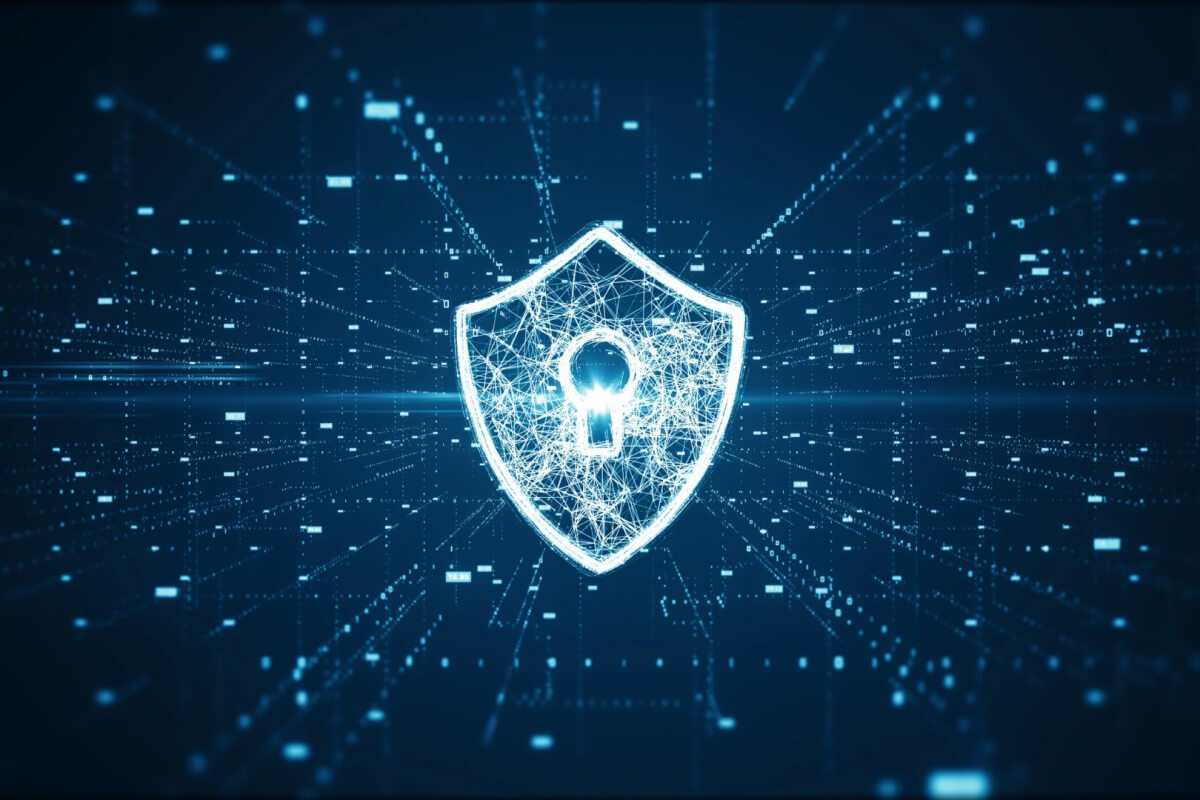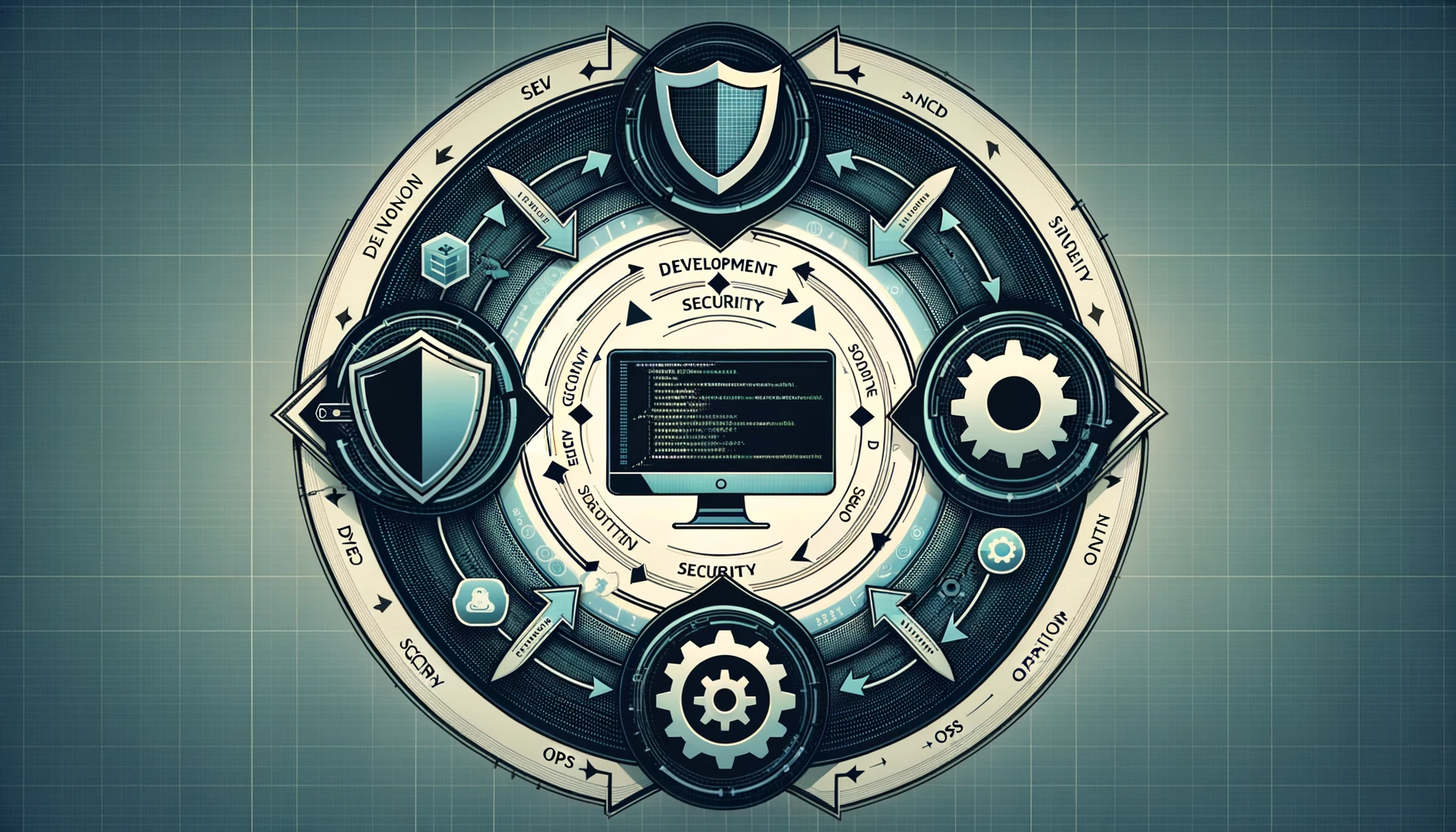Securing the Future: The Role of DevSecOps in Telecom Cybersecurity
In the telecom sector, cybersecurity is vital to safeguard sensitive data, guarantee network resiliency, and maintain customer confidence. Critical infrastructure, revenue, and national security are all protected when altering cyber threats are mitigated and rules are followed.
DevSecOps improves telecom cybersecurity by mixing security practices throughout the development and operations lifecycle. It advances collaboration, automates security testing, and encourages a security-first culture, resulting in a more resilient network infrastructure and prompt incident response.
Understanding DevSecOps
DevSecOps is a methodology that highlights the integration of security practices into the software development and operations processes. It combines Development (Dev), Operations (Ops), and Security (Sec) teams to foster collaboration and shared accountability for security.
DevSecOps emphasizes early security problem resolution, automation, ongoing monitoring, teamwork, and shared accountability among teams as it incorporates security into software development and operations. This strategy guarantees an effective and security-aware development lifecycle, resulting in more dependable and secure systems.
Adopting a DevSecOps culture offers benefits like enhanced security, faster time-to-market, improved collaboration, continuous monitoring, cost efficiency, compliance, cultural transformation, scalability, and increased customer trust.
How DevSecOps Can Secure 5G Networks and Services
DevSecOps integrates tools into CI/CD pipelines to automate security testing. It offers developers immediate feedback, allowing for quick vulnerability repair. Consistent security measures are taken through security-as-code, and automated compliance checks verify legal requirements. A collaborative culture and real-time event response advance overall security. It flawlessly integrates with CI/CD pipelines and includes performance monitoring and incident response. This proactive approach ensures security remains a dynamic part of the development process, enhancing cyber resilience.

Culture of security
A crucial part of developing a security culture within an organization is played by DevSecOps. DevSecOps promotes a shared responsibility for security across all teams by integrating security practices into the software development and operations lifecycle.
- Collaboration and Open Communication: To promote a shared responsibility for security, DevSecOps encourages collaboration and open communication between the development, operations, and security teams.
- Shift-Left Security Approach: By addressing security issues early in the development process, DevSecOps encourages developers to take care of security from the start.
- Automated security checks: DevSecOps integrates automated security testing software to assure accurate and consistent security evaluations.
- Support from the leadership: To prioritize security and allot resources for security projects, DevSecOps needs the assistance of leadership.
- Security-First Mindset: DevSecOps reassures team members to think about security implications in every choice they make and action they take.
The Future of DevSecOps in Telecom Cybersecurity
Given the progressively sophisticated cyber threats facing the telecom industry and the demand for faster and more secure service delivery, the future of DevSecOps in telecom cybersecurity holds great potential. The future of DevSecOps in telecom cybersecurity is defined by limited critical factors, which are listed below:
- Transition to 5G and Beyond: As the telecom sector moves to 5G and beyond, DevSecOps will be essential in defending the growing attack surface.
- Threat intelligence and analytics: DevSecOps will make use of cutting-edge threat intelligence and analytics to proactively identify and address cyber risks.
- Automation and transposition: The future of DevSecOps in telecom lies in further automating security chores and mixing security solutions into the development process for ongoing monitoring and immediate incident response.
- Zero Trust Architecture: To provide severe access restrictions and reduce unwanted access, it will be crucial to implement the Zero Trust security architecture.
- Cultural Shift: DevSecOps will encourage collaboration, openness, and a sense of shared responsibility for security by enforcing a security-centric mindset.
- Collaboration with Vendors: The DevSecOps ecosystem will be able to include cutting-edge security technology and knowledge thanks to the close association between telecom firms and security vendors.
Suggestions for how telecom companies can adopt DevSecOps.
For telecom organizations, implementing DevSecOps can be a game-changing strategy that improves their cybersecurity procedures and operational effectiveness. Here are some ideas for implementing DevSecOps at telecom companies:
- Foster a security-centric and collaborative culture.
- Integrate automated security testing into expansion pipelines.
- Address security initially in the development process.
- Implement real-time security monitoring and response.
- Partner with security vendors for expertise and solutions.

Conclusion
In conclusion, DevSecOps is the game-changer in telecom cybersecurity, encouraging cooperation and preventative security measures. It guarantees that networks and services stay healthy against changing cyber threats through automated testing, constant monitoring, and a security-first approach.
The ability of DevSecOps to move security to the front of the development process, fix vulnerabilities quickly, and cultivate a security-first culture among team members is what gives it its revolutionary potential. The use of a zero-trust security model and cooperation with security providers support the protection against cyber attackers.
DevSecOps emerges as the guardian of the future, guaranteeing the digital landscape and enabling the industry to realize its full potential, as telecom companies fight to develop secure, reliable, and future-ready networks. For the telecom industry to be more secure, linked, and prepared for the future, DevSecOps must be adopted.








